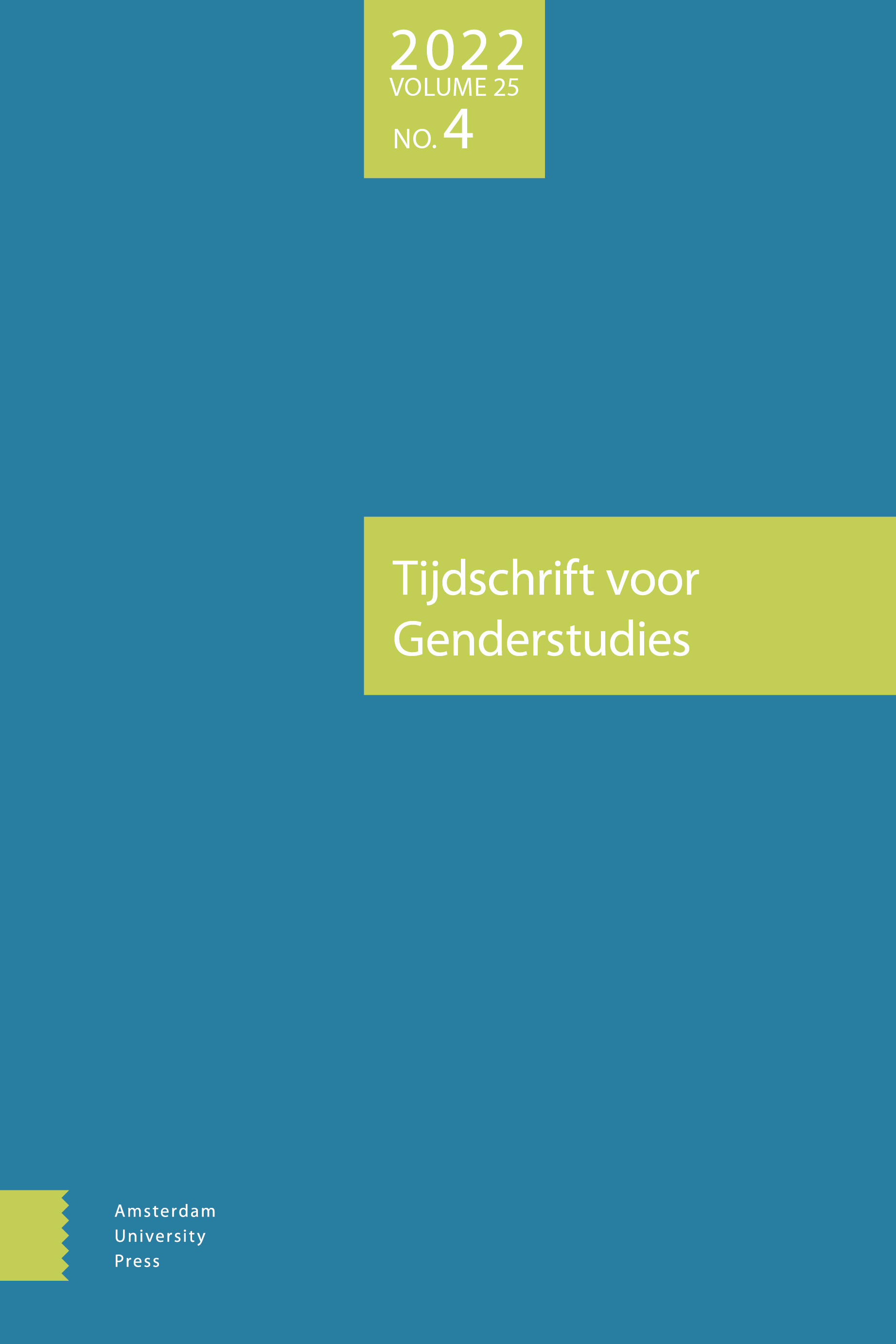-
oa Fifty shades of white
Eastern Europeans’ ‘peripheral whiteness’ in the context of domestic services provided by migrant women
- Amsterdam University Press
- Source: Tijdschrift voor Genderstudies, Volume 21, Issue 3, Sep 2018, p. 217 - 231
-
- 01 Sep 2018
Abstract
This research article reflects on social inequalities in Europe in a transnational perspective, focusing on racial hierarchies between Westerners and ‘peripherally white’ migrants from Central and Eastern Europe (CEE). Peripheral whiteness is a concept introduced to account for the simultaneous privilege and subordination experienced by white migrants from non-Western countries. Peripheral whiteness is here examined on the example of migrant domestic workers from Ukraine employed in Poland and their Polish counterparts active in private households in Belgium. The contribution shows that, compared to their non-white counterparts, peripherally white domestic workers from CEE benefit from being racialised as white. This privilege is, however, inextricable from the subalternity of their status. The fact that the majority of domestic workers in Brussels are Polish and an increasing number of domestic workers in Warsaw come from Ukraine can be partially explained by the worker-employer hierarchy implicitly established by the (semi-)peripheral status of their countries of origin.


